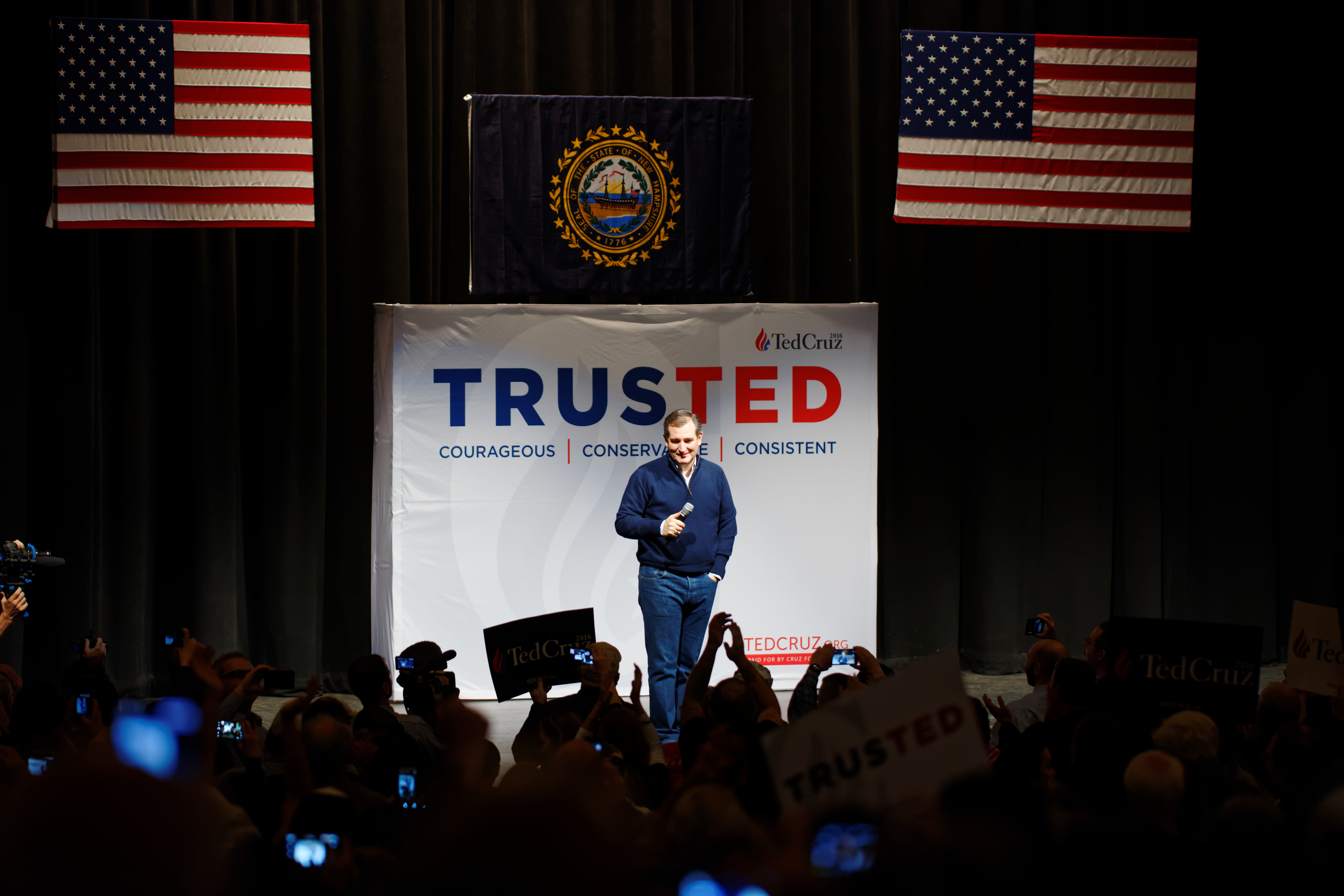A few weeks ago a former elementary school classmate of mine shared a viral post on Facebook about how Democratic presidential nominee Joe Biden was going to raise taxes for middle income families by 25 percent.
I did a quick Google search and found that the post had been fact-checked already by reputable news outlets and was untrue. (For the record, my suspicion was not partisan; I don’t assume any political memes on social media are true.) I politely told my former classmate the post was incorrect.
It didn’t matter, my former classmate responded. It would be true in the future because Biden was a “socialist.” At that, I dropped out of the conversation.

It would be easy to throw up our hands and let social media be social media. After all, we have our own problems in local journalism with getting people to trust us with information that doesn’t fit their belief system. Perhaps my former classmate assumes that because I’m a journalist, I have an agenda. Perhaps he thinks I’ve taken sides in the election. Maybe in my search for truth, I have.
But our brief exchange made me wonder how community journalists can serve as fact-checkers and sources of information in the upcoming presidential election, far from our local beats.
Major news outlets already do this, of course, and we don’t have the resources or time to duplicate those efforts. We don’t need to fact-check every political speech. NPR will do that in real time, as will the New York Times and The Washington Post.
But we know that our readers trust us more, according to a 2019 Knight-Gallup study. Even if it is only because they don’t trust national media at all, we can use that small faith in our local newsmaking to help our community readers navigate the polarized election cycle.
We can invite readers to send us memes and social media posts that “feel” or “sound” right to them. Then we can fact-check them and explain how we came to the conclusion that they were accurate or not. Maybe we will be more convincing than a former elementary school classmate.
Perhaps we start when politicians talk about our communities, about rural voters, about unemployment during the pandemic, about remote learning, about the postal service. How will a candidate’s policies really affect us? What do we stand to gain or lose? These are important questions for us to ask on behalf of our communities and to ask in a way that the answers are trusted.
Let’s be honest with our readers. We don’t fact-check because we want to find lies. We fact-check because we want to find the truth.
As journalists, we are natural skeptics. We are not inclined to believe anyone, and if we keep our political beliefs to ourselves, we retain the credibility to question everyone, to look into a meme and report whether it’s true or not.
There is a vast middle between the people who love us and the people who hate us. There is a vast middle between the people who don’t believe anything on social media and the people who believe everything. We owe it to them to step into the mud.
A version of this story first appeared in Publisher’s Auxiliary, the only national publication serving America’s community newspapers. It is published by the National Newspaper Association. GJR is partnering with Pub Aux to re-print Jackie Spinner’s monthly “Local Matters” column on our website. Spinner is the editor of Gateway Journalism Review. Follow her on Twitter @jackiespinner.
